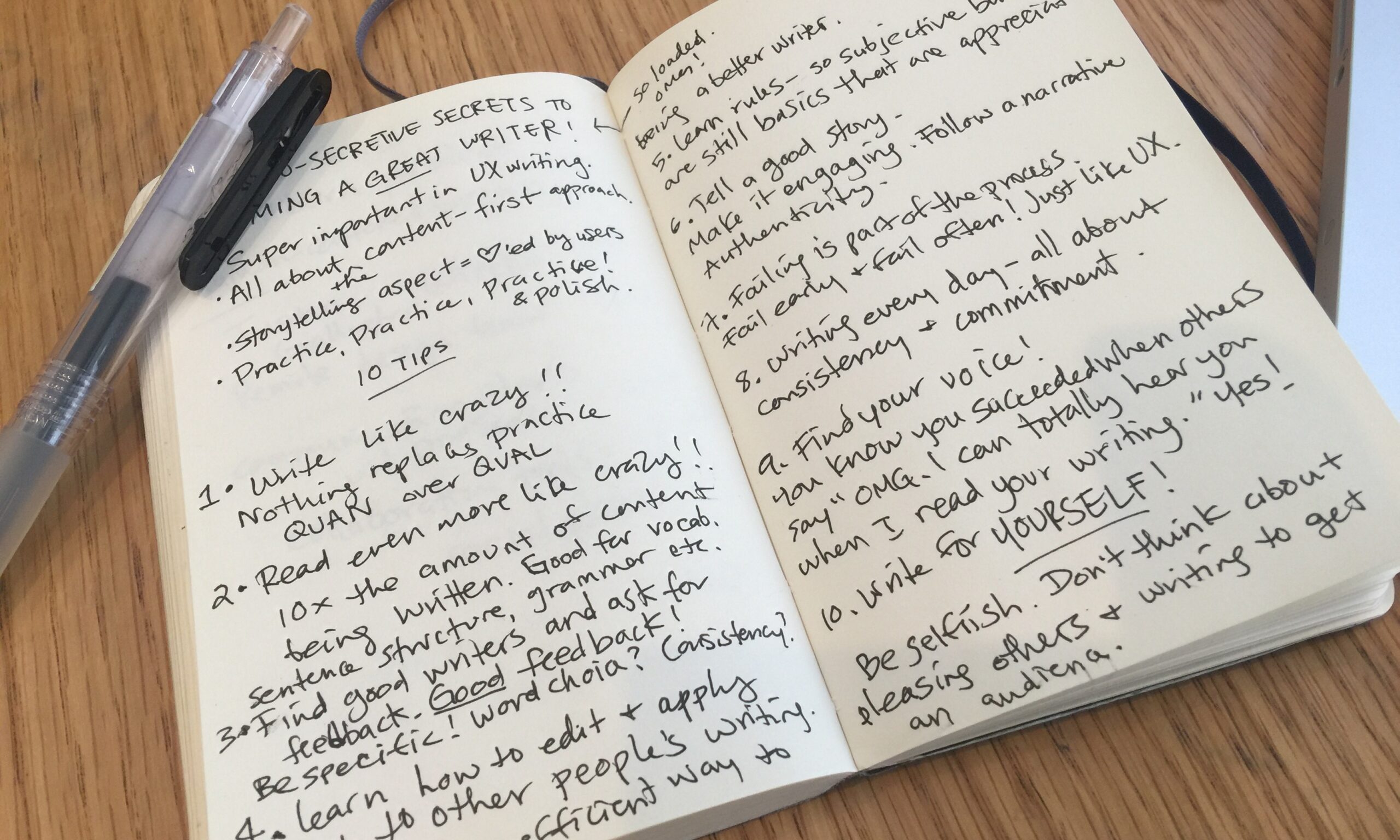Improving your content writing abilities is essential if you want to make a living as a writer. Many people skip this phase because they believe their skills will carry them.
You have that backward.
If you are unable to effectively convey your ideas, your skill will be wasted. These writing exercises need next to no setup and may be used whenever you have a few spare minutes.
Contents
1. Follow Other Writers
The ideal strategy to hone your writing abilities is to engage in regular writing workouts. Seek authors who move you and absorb your mind completely.
Be sure to take notes on the author’s style and vocabulary choices when you read anything particularly engaging. The way their phrases were put together, everything.
Don’t worry if you don’t fully get something the first time you read it; just read it again until you do. Sometimes it takes numerous attempts before a solution becomes clear, but when it does, it’s wonderful.
2. Write every day
You have to put in the time on the keyboard if you want to hone your writing skills, the same as you would with any other aspect of your life. Writing often can help you become more proficient at it.
Without having to carefully consider each word before committing it to paper, you’ll have an easier time expressing yourself clearly and efficiently in your writing. If you want to improve as a writer, you should attempt to devote some time every day to the craft.
Spend five minutes doing it in the afternoon or at night, or in the middle of the day at lunchtime or breaks.
3. Learn Grammer
Writing novices often find grammatical rules to be the most daunting aspect of the craft. Once you begin to appreciate them, though, you’ll find that they add tremendous value to your work. A tower’s grammatical rules are like the support beams: everyone knows they’re there, but once the structure is complete, they’re out of sight.
Change your perspective and see grammatical rules as a writer’s ally rather than a potential obstacle.
4. Find Your Voice
To develop into a skilled writer, you must first find your own unique voice and use it consistently throughout your work. You may accomplish this, for example, by reading your work out loud.
If someone were to ask you how the writing was doing right now, each sentence or phrase should read like something you’d say out loud.
If it sounds unnatural because it’s overly formal or pompous, make the necessary adjustments. Practice speaking it out loud with others who, like you, don’t understand much about writing yet, until it sounds natural.
5. Keep The Editing For The Last
The fear of making errors prevents many individuals from beginning a piece of writing. The fact is that professional writing leaves no tolerance for errors.
But you shouldn’t fret about them.
Even if you have to make up a lot of material as you go along, just start to write and continue pushing till you have nothing left to say. Then, after you’re finished, double-check your work and make any required adjustments. But don’t fret about it as you write; that won’t help you concentrate on what really matters, which is putting the thoughts down on paper.




